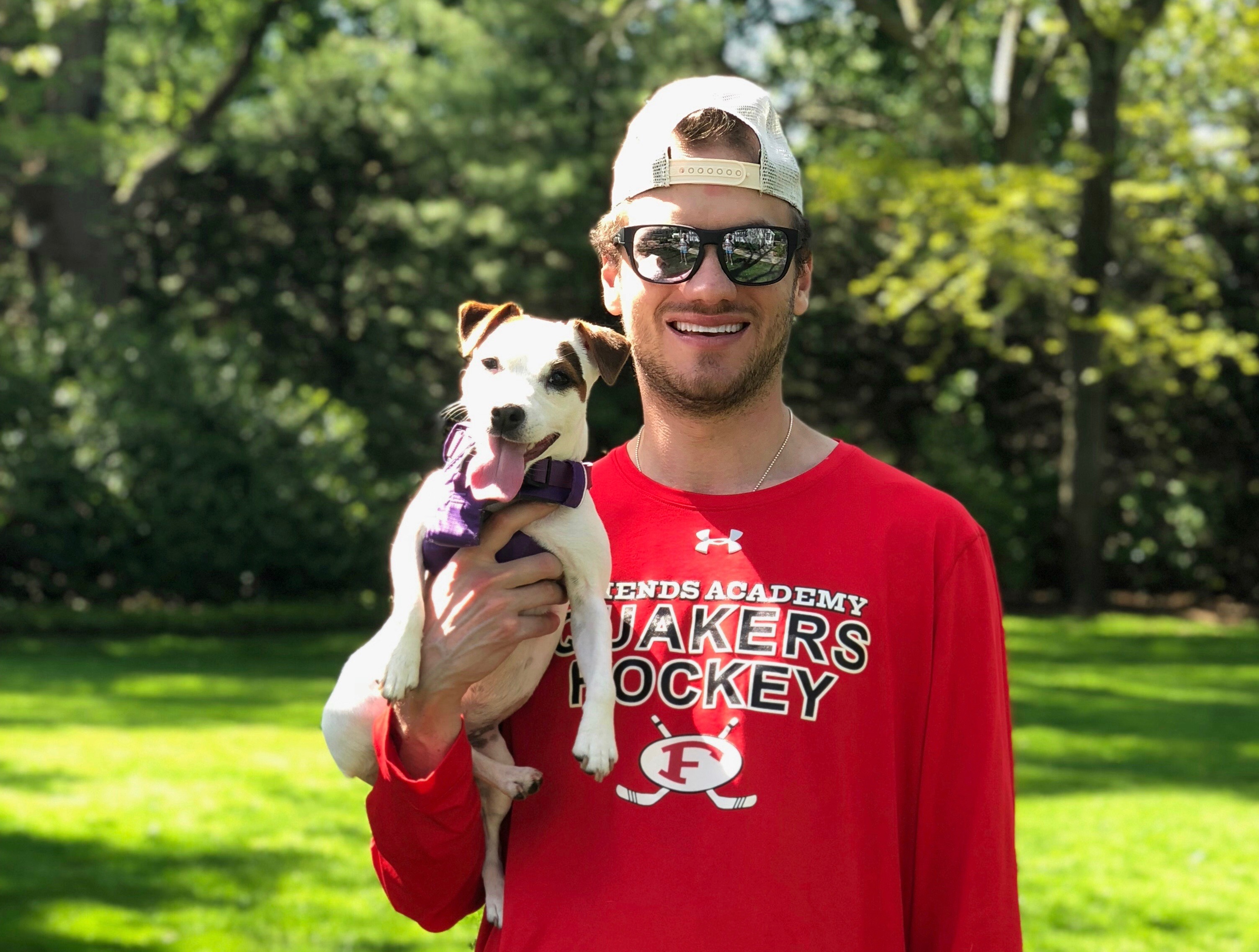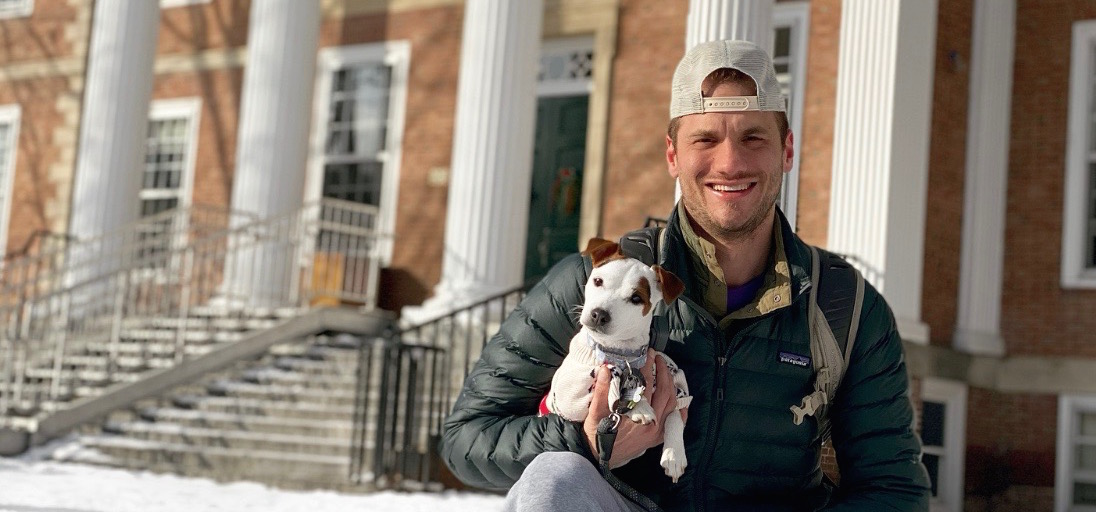I am reblogging this article that I wrote for Emily’s Entourage, which originally appeared HERE. What is Emily’s Entourage? “Emily’s Entourage accelerates research and drug development for nonsense mutations of Cystic Fibrosis. By providing critical leadership and coordination, Emily’s Entourage drives high-impact research, cultivates multi-stakeholder collaboration, and facilitates information exchange to speed breakthroughs. [Their] goal is singular: to expedite life-saving treatments and a cure for those with nonsense mutations of CF who are waiting with bated and fading breath.”
If you are living with a cystic fibrosis nonsense mutation, read up on their registry, HERE.
No one tells you how to deal with loss.
Throughout my entire life, it feels like I have had someone giving me constant reminders to do my treatments, eat right and take care of myself. In fact, I have had more than a number of volunteers teach me how. At least, that’s the way my childhood went. My parents, friends, family and care teams have played enormous roles in developing an evolving care routine that works for me. What no one prepared me for, however, was losing a best friend to the same condition I live with.
When Lea died this past December, my life seemingly fell into a tailspin. I questioned a lot of different things in my life, became more irritable by the day, and found myself staring at the ceiling each night as I tried to fall asleep. I worked so hard to convince myself that it was all some terrible nightmare.
But it wasn’t. It was real life.
Prior to December 2018, the end result of cystic fibrosis had never struck so close to home. I was suddenly faced with the reality that so many thousands of people with CF and their families have had to endure.
The story of CF is seemingly changing by the day. Most of us hope to have a medication treating the underlying cause of CF sometime within the next year, but for Lea, that story didn’t change fast enough.
Quite frankly, that’s the hard reality of living with something like CF. The progress we have made has been enormous, but all of our lives hang in a delicate balance as we wait and wait and wait for science to catch up to us. Things can change for us in a matter of weeks.
In her final days, Lea said to me that she couldn’t believe she had made it so close…so close to a world where CF will carry a very different meaning for a lot of us. I still have a hard time gripping the reality of losing Lea, and in a lot of ways I have had to learn how to cope on the fly.
In the months that have passed, I have had to accept her passing and reflect on our friendship. I still have moments of irritability, I still sometimes have a hard time falling asleep, and I still ask the question, “why her?,” but I have come to use her memory as a motivator to tackle some of the most pressing obstacles facing our community.
Some of the unspoken symptoms of living with CF are going through periods of recurrent loss, continued and relentless medical trauma, and the ever-present stress of coping with a terminal illness. A lot of us living in adulthood with CF have lost people in our lives, and no one ever prepared us for it. Whereas I have been taught several different techniques to sterilize my neb cups, no one has taught me how to address some of the unseen scars.
I think we need to start seeing mental health issues as tangible symptoms of CF, and I know that once we do, it will start to pay dividends. CF is so unique—it’s lifelong, it requires constant attention, and a lot of us can live quite normally—that I think we’re going to require a unique way to treat these symptoms.
Lea’s passing has taught me a lot about myself, but nothing more so than my burning desire to live and be the very best person I can be. In the time since her passing, I have learned that I need to address my own feelings about CF. It hasn’t been easy, and it’s something that I am still working on! In a bigger way, I think people living with CF need to feel empowered to address their feelings head on as well. I especially think the above is true for adults living with CF. Our stresses and anxieties have been overlooked for far too long. It’s time we learn how to effectively cope with CF and pursue a world where we can feel comfortable to address those feelings!





